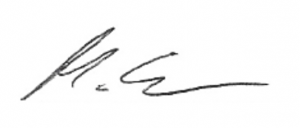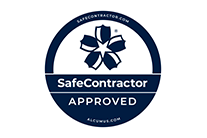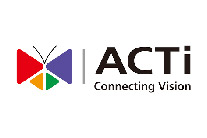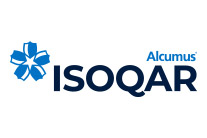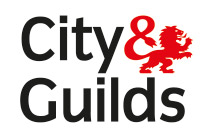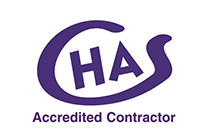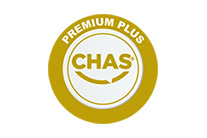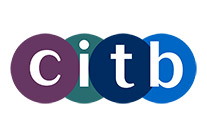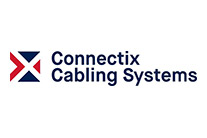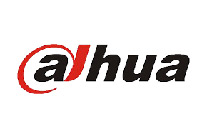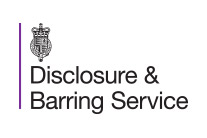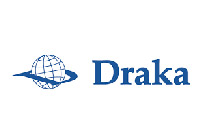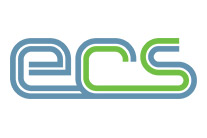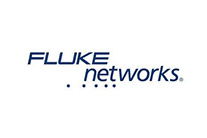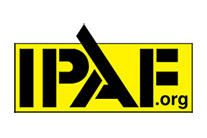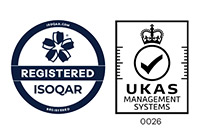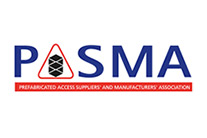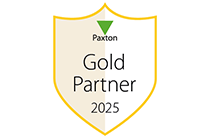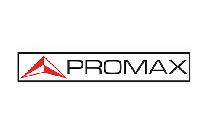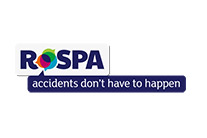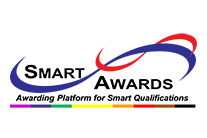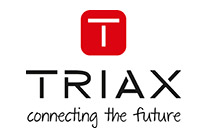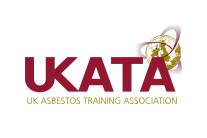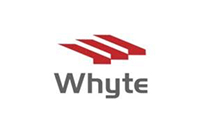POLICY NAME: Health & Safety Policy Statement
POLICY NUMBER: P-29
EFFECTIVE DATE: 20/10/2012
LAST REVISED: 06/12/2023
APPROVED BY: M. Empson
Health and Safety Policy
Refers to Section 29 of the Staff Handbook
1. Introduction
We are committed to protecting your health, safety, and welfare and that of all those who work for us by providing a safe place of work and protecting all workers, service users, customers and visitors from exposure to smoke.
This policy sets out our arrangements in relation to:
a) Assessment and control of health and safety risks arising from work activities.
b) Preventing accidents and work-related ill health.
c) Consultation with employees on matters affecting their health and safety.
d) Provision and maintenance of a safe workplace and equipment.
e) Information, instruction, training and supervision in safe working methods and procedures.
f) Emergency procedures in cases of fire or other major incident.
You should also refer to the UK National Minimum Standards and Conditions of Use in relation to Company Vehicles and Health and Safety obligations where you are required to drive Company vehicles. A copy of this will be given to you where appropriate and is available to view on the Company’s intranet.
1.1 Responsibility for health and safety matters
1.1.1 The Managing Director has overall responsibility for health and safety and the operation of this policy.
1.2 Your responsibilities
1.2.1 All staff share responsibility for achieving safe working conditions. You must take care of your own health and safety and that of others, observe applicable safety rules and follow instructions for the safe use of equipment.
1.2.2 You should report any health and safety concerns immediately to your line manager.
1.2.3 You must co-operate with managers on health and safety matters, including the investigation of any incident.
1.2.4 Failure to comply with this policy may be treated as misconduct and dealt with under our Disciplinary Procedure.
1.3 Information and consultation
1.3.1 We will inform and consult your elected workplace safety representatives regarding health and safety matters.
1.3.2 We will ensure any health and safety representatives receive the appropriate training to carry out their functions effectively.
1.3.3 The Managing Director is responsible for informing and consulting employees about health and safety matters.
1.4 Training
1.4.1 We will ensure that you are given adequate training and supervision to perform your work competently and safely.
1.4.2 Staff will be given a health and safety induction and provided with appropriate safety training, which may include manual handling, control of substances hazardous to health (COSHH) and the use of personal protective equipment (PPE).
1.5 Equipment
1.5.1 You must use equipment in accordance with any instructions given to you. Any equipment fault or damage must immediately be reported to your line manager.
1.5.2 No member of staff should attempt to repair equipment unless trained to do so.
1.5.3 The Managing Director is responsible for ensuring equipment safety and maintenance.
1.6 Accidents and first aid
1.6.1 Details of first aid facilities and the names of trained first aiders are displayed on the notice boards.
1.6.2 All accidents and injuries at work, however minor, should be reported to your line manager and recorded in the Accident Book which is kept by the Managing Director.
1.6.3 The Managing Director is responsible for investigating any injuries or work-related disease, preparing and keeping accident records, and for submitting reports to the relevant authorities if required under the Reporting of Injuries, Diseases and Dangerous Occurrences Regulations 2013 (RIDDOR).
1.7 National health alerts
1.7.1 In the event of an epidemic or pandemic alert we will organise our business operations and provide advice on steps to be taken by staff, in accordance with official guidance, to reduce the risk of infection at work as far as possible. Any questions should be referred to your line manager.
1.7.2 It is important for the health and safety of all our staff that you comply with instructions issued in these circumstances.
1.8 Fire safety
1.8.1 All staff should familiarise themselves with the fire safety instructions, which are displayed on notice boards and near fire exits in the workplace.
1.8.2 If you hear a fire alarm, leave the building immediately by the nearest fire exit and go to the fire assembly point shown on the fire safety notices. Do not stop to collect belongings. Do not re-enter the building until told to do so.
1.8.3 If you discover a fire do not attempt to tackle it unless it is safe, and you have been trained or feel competent to do so. You should operate the nearest fire alarm and, if you have sufficient time, call reception and report the location of the fire.
1.8.4 Nominated individuals will be trained in the correct use of fire extinguishers.
1.8.5 You should notify your manager if there is anything (for example, impaired mobility) that might impede your evacuation in the event of a fire. A personal evacuation plan will be drawn up and brought to the attention of colleagues working in your vicinity.
1.8.6 Fire drills will be held on a regular basis and must be taken seriously.
1.8.7 The Managing Director is responsible for ensuring fire risk assessments are undertaken and implemented, and for ensuring regular checks of fire extinguishers, fire alarms, escape routes and emergency lighting.
1.9 Risk assessments and measures to control risk.
1.9.1 We carry out general workplace risk assessments periodically. The purpose is to assess the risks to health and safety of employees, visitors and other third parties as a result of our activities, and to identify any measures that need to be taken to control those risks.
1.9.2 Measures will be taken to avoid or reduce the need to lift or carry items which could cause injury (manual handling) and to provide training on manual handling as necessary.
1.9.3 The use of hazardous substances at work will be avoided wherever possible and less hazardous alternatives will be used where available. Training on the control of substances hazardous to health (COSHH) will be provided as necessary.
1.9.4 Personal protective equipment (PPE) is provided where there are risks that cannot be adequately controlled by other means.
1.9.5 The Managing Director is responsible for workplace risk assessments and any measures to control risks.
1.10 Computers and display screen equipment
1.10.1 If you use a computer screen or other display screen equipment (DSE) habitually as a significant part of your work:
a) You should try to organise your activity so that you take frequent short breaks from looking at the screen.
b) You are entitled to a workstation assessment.
c) You are entitled to an eyesight test by an optician at our expense.
1.10.2 You should contact your manager to request a workstation assessment or an eye test. Eye tests should be repeated at regular intervals as advised by the optician, usually every two years. However, if you develop eye problems which may be caused by DSE work (such as headaches, eyestrain, or difficulty focusing) you can request a further eye test at any time.
1.10.3 We will not normally pay for glasses or contact lenses, unless your vision cannot be corrected by normal glasses or contact lenses and you need special glasses designed for the display screen distance. In such cases we will pay the cost of basic corrective appliances only.
1.11 Personal Safety
1.11.1 Generally, you should try to avoid working alone whenever this is possible. However, if you have to work alone, then you need to develop an awareness of the risks and how to minimise them.
1.11.2 Prior to making an appointment with someone you do not know, obtain as much information as possible about the person you are meeting and arrange to meet the person in Company premises. Always ring back the telephone number you have been given to confirm that it is legitimate. If a mobile number is given you should always ask for an alternative fixed line number.
1.11.3 If visiting, let your colleagues know where you are going, with whom and what time you are expecting to return. If you think that you are going to run over your original timescales, let your colleagues know.
1.11.4 If you are at all concerned that you are being placed in a dangerous situation through your employment, you must discuss this with your line manager.
Signed on behalf of C-Tech Solutions Ltd
M.Empson / Director
Date: 06/12/2023
